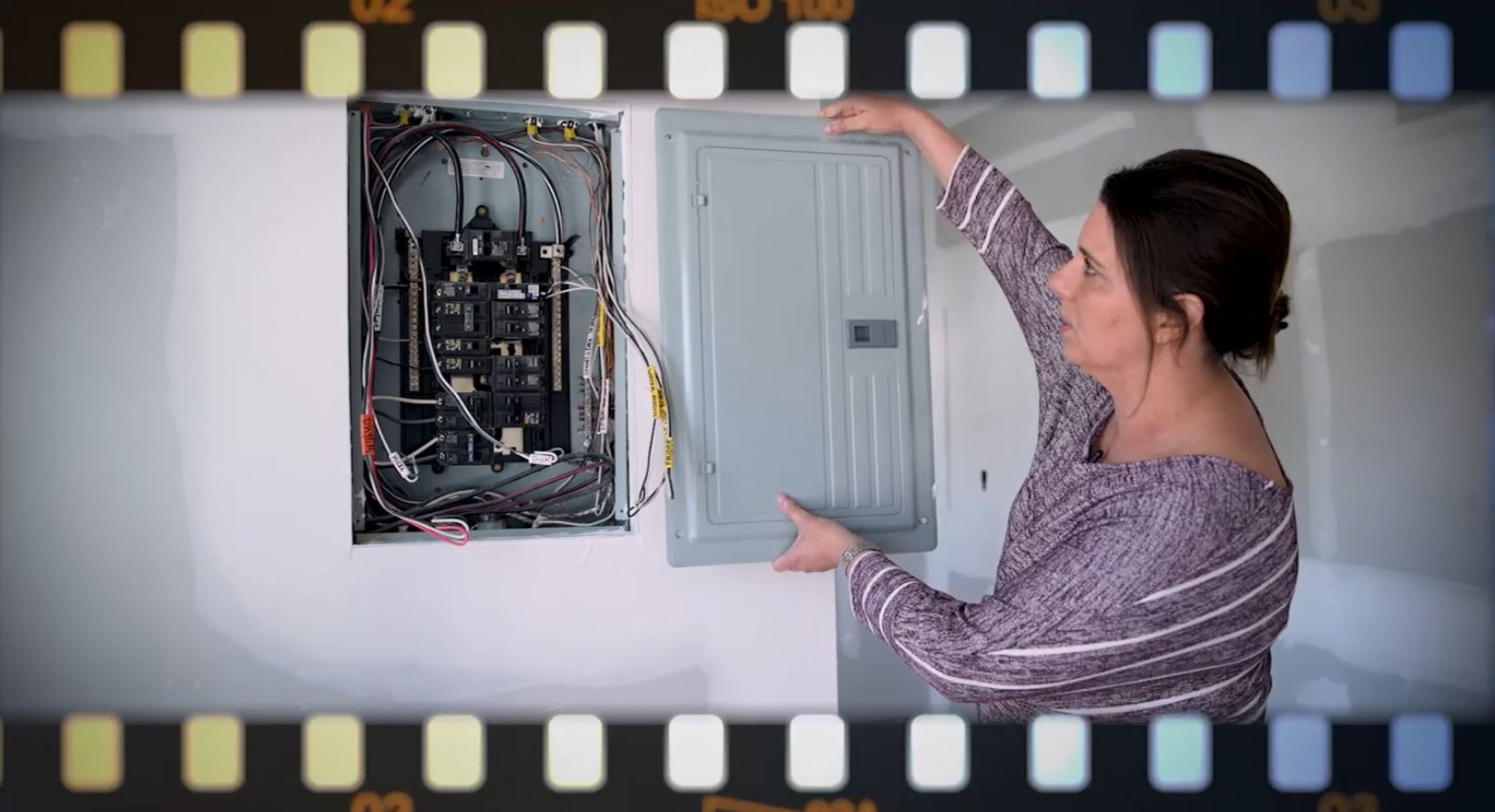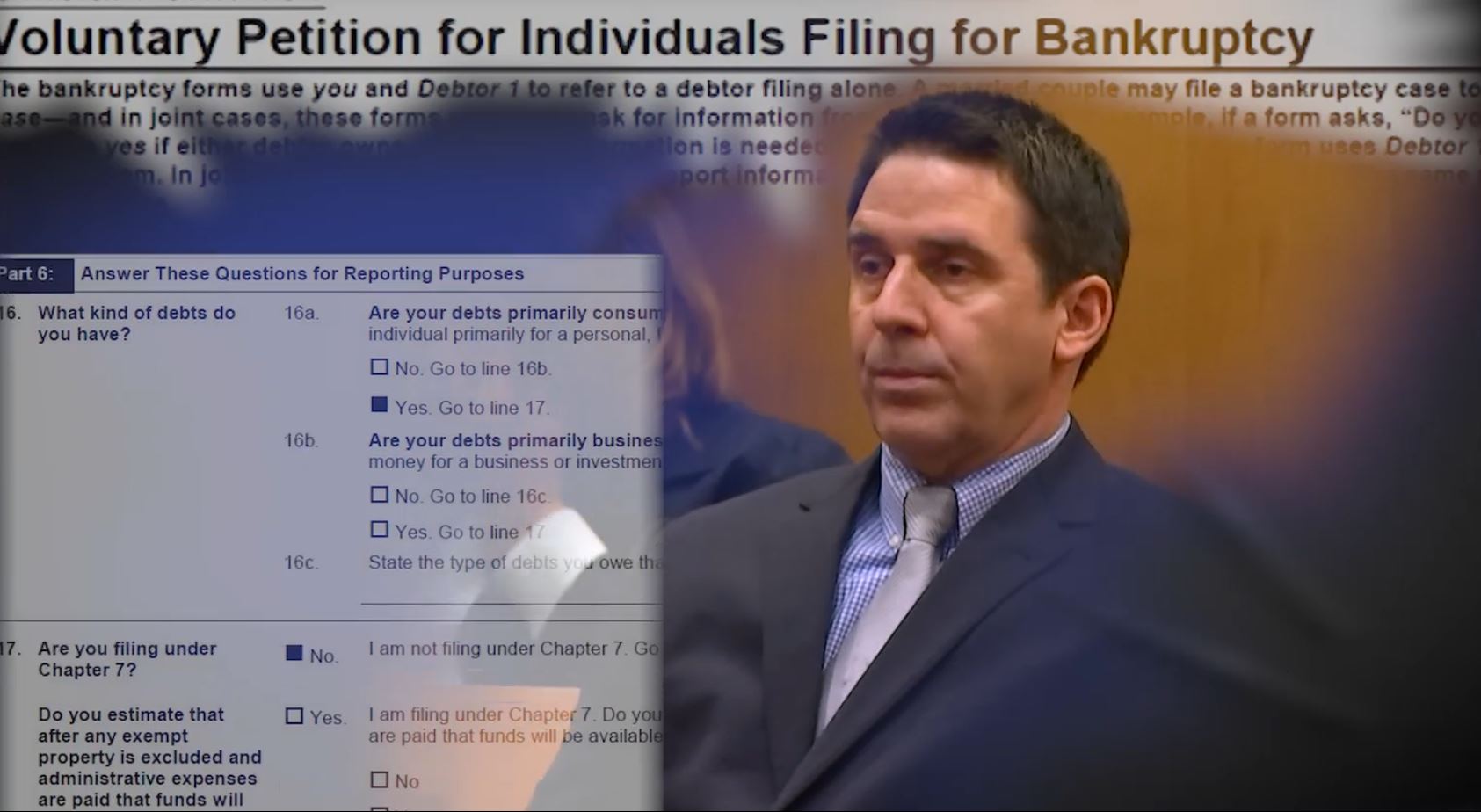After hiring a contractor to renovate the kitchen at their Wakefield home, Russell and Beth Carman said the project started to go down the drain.
At first, the couple said they noticed signs of shoddy workmanship. And then larger problems surfaced during town inspections.
WATCH ANYTIME FOR FREE
>Stream NBC10 Boston news for free, 24/7, wherever you are. |
“The electrical was a mess. The structural was a mess,” Beth Carman recalled. “And then [the contractor] took off and we never saw him again.”
The Carmans said it “took a village” of family and friends to help get to the project to completion. However, not before they lost more than $20,000 from the ordeal.
Get updates on what's happening in Boston to your inbox. Sign up for our >News Headlines newsletter.
“We got taken,” Beth Carman said. “We thought we were pretty savvy and we got taken.”

The couple thought they could get some relief from the Guaranty Fund—a state program meant to help consumers who lose money on projects performed by registered contractors.
But instead, their application was denied.
The reason? Several years earlier, the elderly couple had transferred their home into a trust for family estate planning.
According to the letter they received from a Guaranty Fund manager, they no longer met the definition of “owners” of the property.
“Regrettably, we cannot accept this application,” the letter said.
It was an exasperating decision for the couple, who have lived in the Wakefield home since 2007. They reached out to the NBC10 Boston Investigators after seeing our story last month about problems with the Guaranty Fund.
“It’s frustrating. I’m angry and I’m sad,” Beth Carman said. “To have it denied over something that I see as a perfectly normal thing people do in their lives. They have trusts.”
Michael Cook and his family decided to finish off the open-air porch into living space at their Andover home.
He told us the project also went downhill from subquality work, and when subcontractors started showing up at the property, saying they hadn’t been paid.
“When we fired [the contractor] off the job, everything was down to the studs,” Cook said.
More from the To Catch a Contractor series
Cook also pursued a claim through the Guaranty Fund, but said without a legal and financial background, he never would have made it to the finish line.
“The typical average consumer is going to have to hire an attorney,” Cook said, while showing us the stacks of paperwork he submitted during the process. “To put that burden on the consumer is unnecessary.”
Cook eventually received a maximum payment of $10,000, about half the judgment he had won through arbitration. ‘
NBC10 Boston found the Andover homeowner after reviewing records of the small list of people who had successfully navigated the process in the current fiscal year. Cook’s check arrived about five years after he started the failed renovation project.
“Everything they did was a hurdle that made it very difficult to receive funds,” Cook said. “The program is a joke. I mean, it’s not for a consumer.”
Remember, that sentiment is coming from a homeowner who successfully received thousands of dollars from the Guaranty Fund.
That type of feedback is coming through loud and clear to Layla D’Emilia, the new undersecretary for the Office of Consumer Affairs and Business Regulation.
“We want to do a better job of working with consumers and helping them through this process,” D’Emilia told NBC10 Boston. “You shouldn’t have to hire a lawyer.”
D’Emilia said it’s critical for homeowners to search the online database and make sure a contractor is registered. Otherwise, they would not be eligible to collect from the Guaranty Fund.
Along with simplifying the process, the undersecretary said it’s clear there needs to be more outreach to let people know the fund exists.
As we reported last month, records show the Guaranty Fund is only paying out about one-third of the money it brings in each year. As a result, the balance has ballooned from roughly $750,000 in 2016 all the way up to $4.4 million this fiscal year.
We also found the $10,000 cap had not been adjusted since the law took effect in the early 1990s. A state lawmaker is now proposing the amount be raised to $30,000.
We asked D’Emilia if the system is in need of an overhaul?
“I think we definitely need to take a look and work with the legislature,” she responded. “I think part of this is figuring out how we get the fund to where it’s supposed to be, which is to consumers.”

OCABR is now in the midst of an internal audit to see what regulations can be improved without requiring a statutory change and legislative approval, according to an agency spokesperson.
One day after we flagged the Carman’s situation, the state agency reversed its decision and sent the couple a letter to let them know they were eligible to pursue a claim.
“After further review, it has been determined that it does meet the criteria,” the letter said.
It was a welcome relief to the Carmans, who recalled the emotions they felt when they learned of the denial.
“That was the biggest gut punch I’ve received in a long, long time,” Russell Carman said. “Anger is one thing. We were heartbroken.”
Ryan Kath can be reached at ryan.kath@nbcuni.com. You can follow him on Twitter or connect on Facebook.




